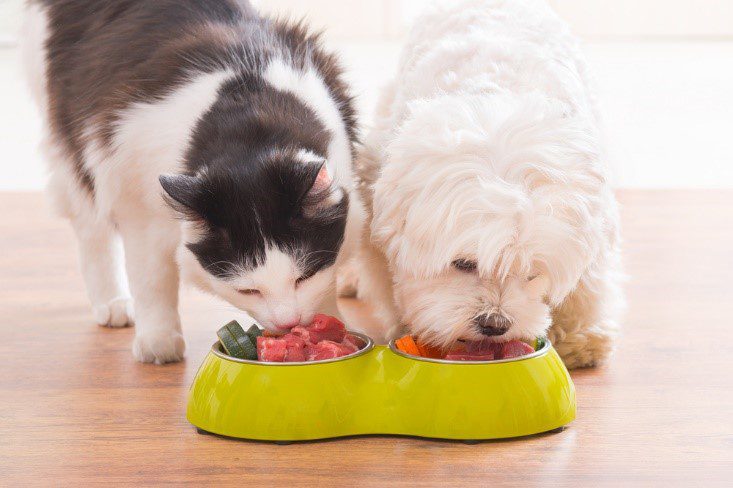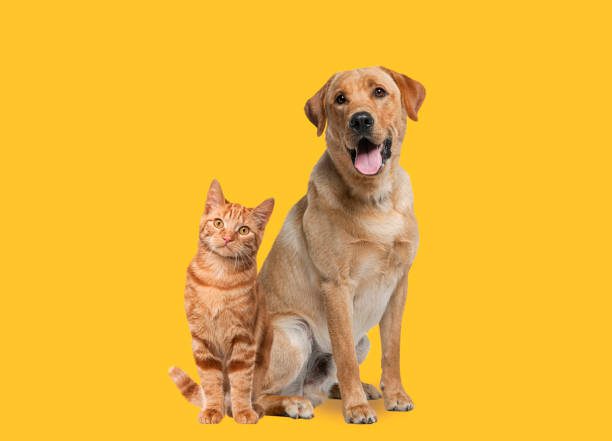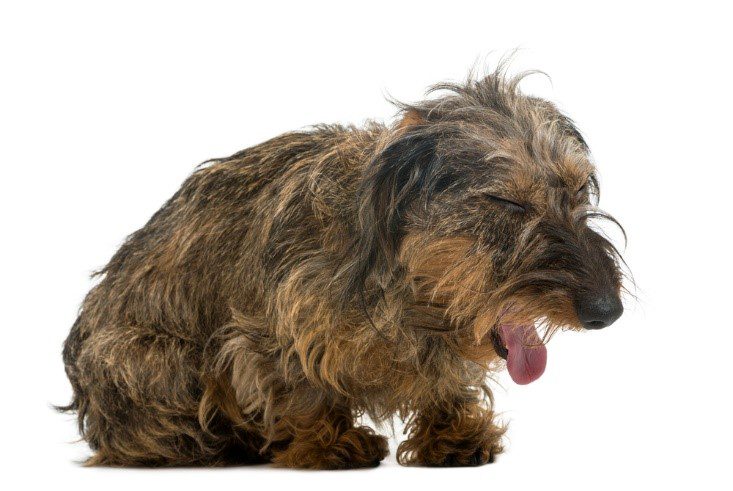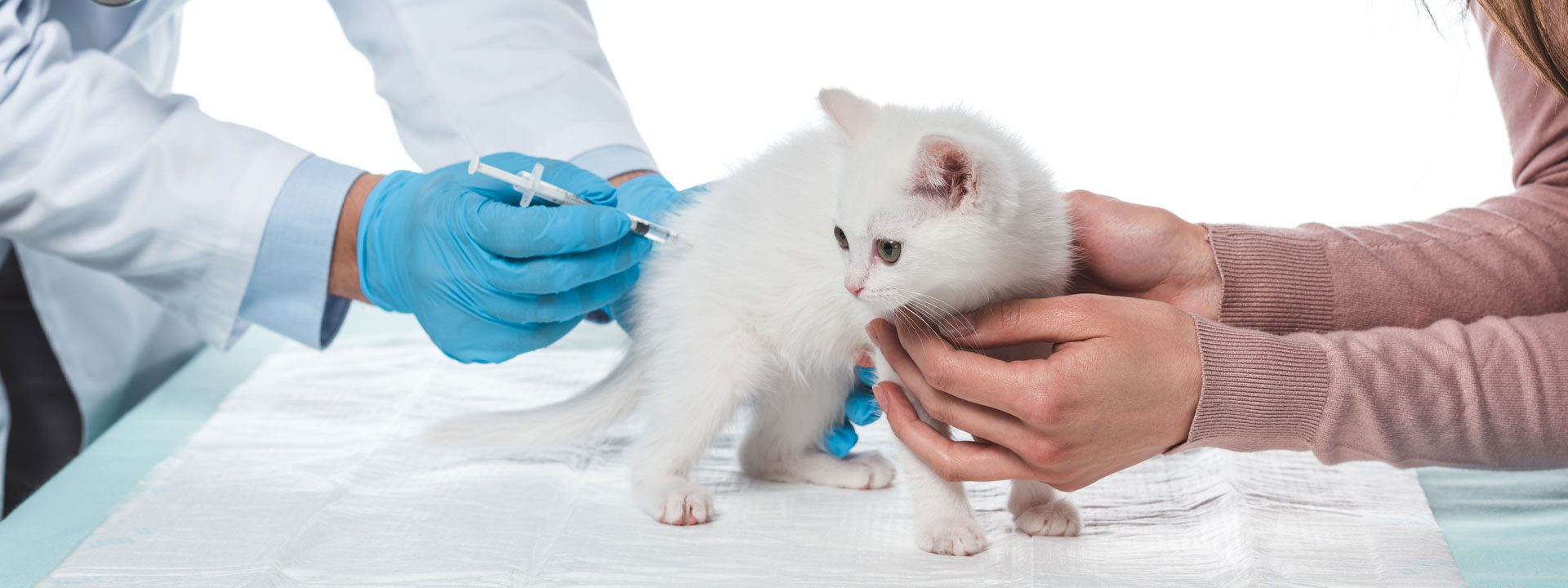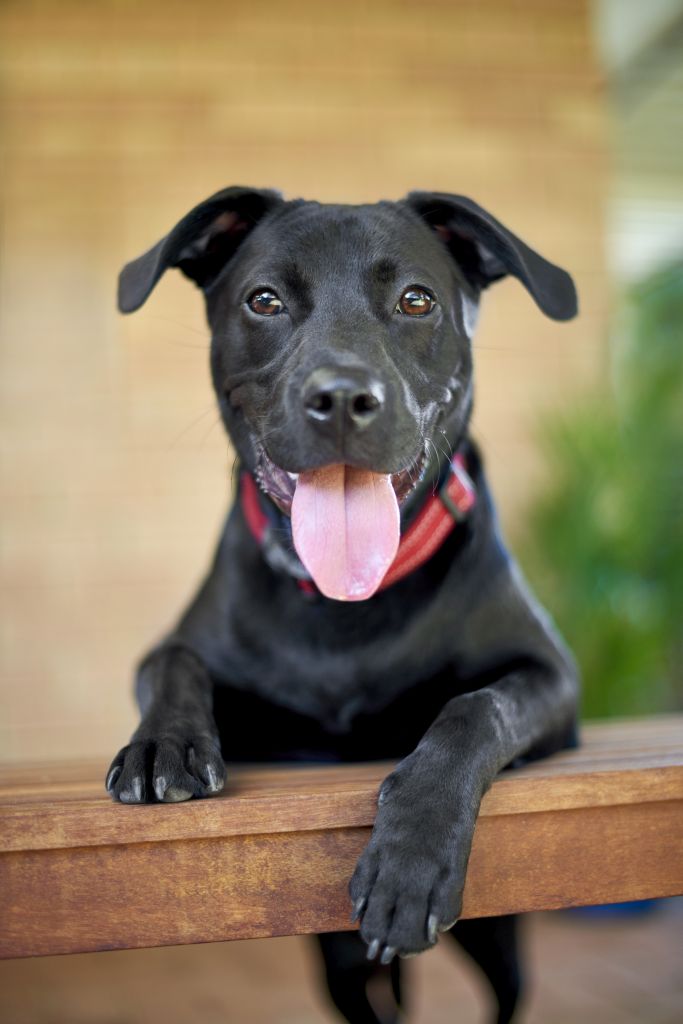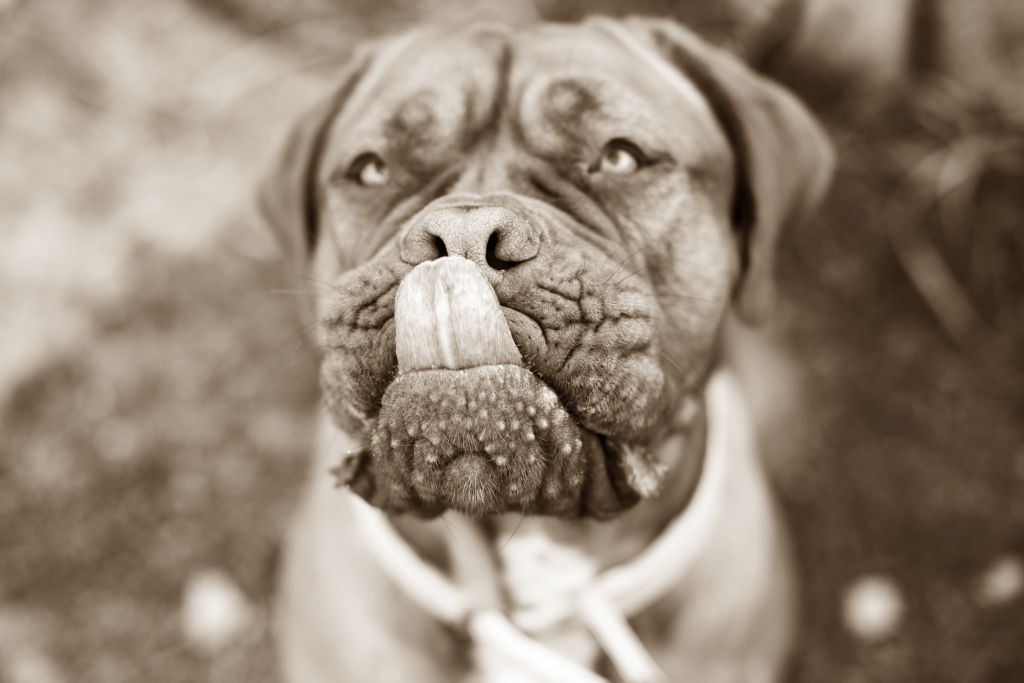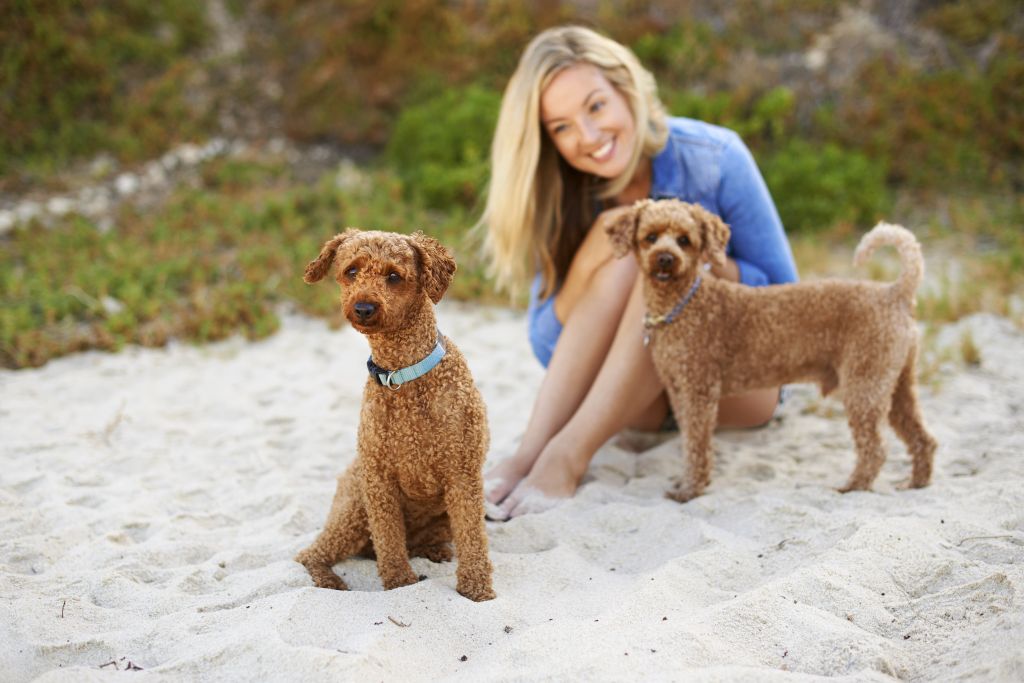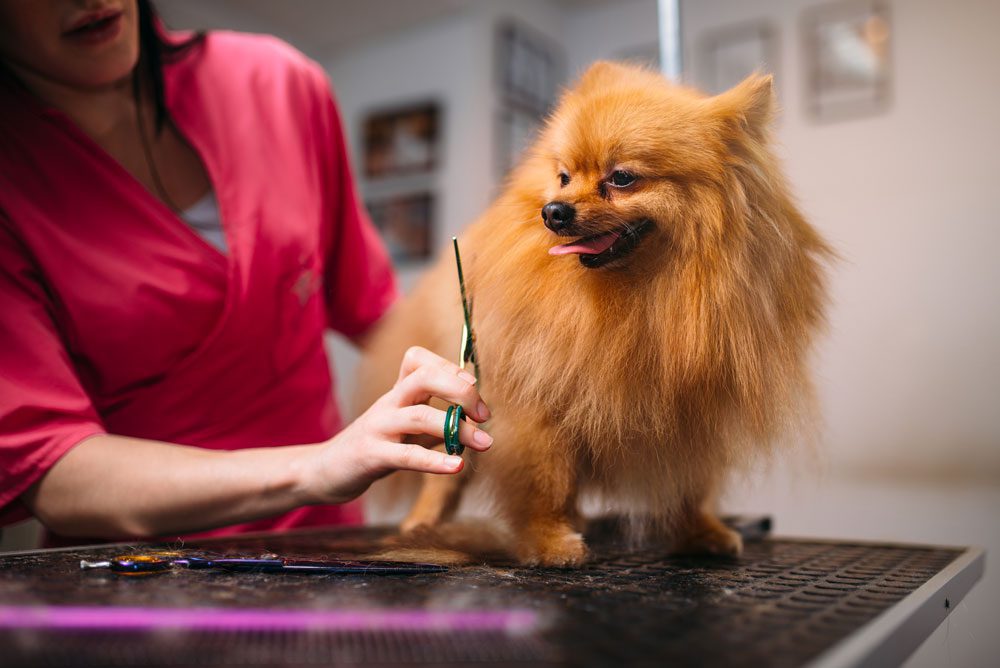Over the past few years, the topic “Pet Obesity Diagnosis and Treatment Options” has caught pet owners’ attention. And that’s because recent studies conducted in Australia have revealed a concerning trend regarding the weight of cats and dogs. These studies indicate that a significant proportion, up to one-third, of the pet population in the country is currently classified as overweight.
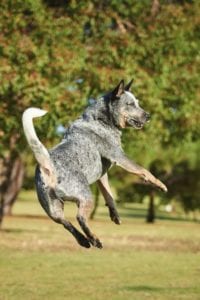
Studies have shown that dogs have a higher likelihood of experiencing weight problems compared to cats. Additionally, certain factors such as age, neutering, and living in single-pet households can further increase the risk of weight issues in pets.
How do I know if my pet is obese?
If your pet weighs more than 15 percent more than is ideal for its breed, it is termed overweight. Anything that is higher than 15% is considered to be in the category of obesity. Use your hands to touch the animal’s ribs and spine to determine if they are carrying excess weight. You should be able to feel a healthy animal’s bones just a little bit, even if they have a small amount of fat.
If your pet is too heavy for you to feel their ribs, that means they are carrying extra weight and are overweight.
Pet Obesity Diagnosis and Treatment Options
When a pet is obese, it’s important to create a special diet plan that helps them lose weight. Just like people, it’s important to remember that overweight pets need a special exercise plan made just for them. In addition, your vet will make a maintenance plan to help your pet stay at a healthy weight.
We can help your pet
Our team of competent vets is experts at figuring out if pets are overweight. We will carefully evaluate your pet’s condition, considering different factors like their breed, age, and overall health. Once we figure out if your pet is overweight, we’ll give you a detailed plan that’s made just for your pet.
